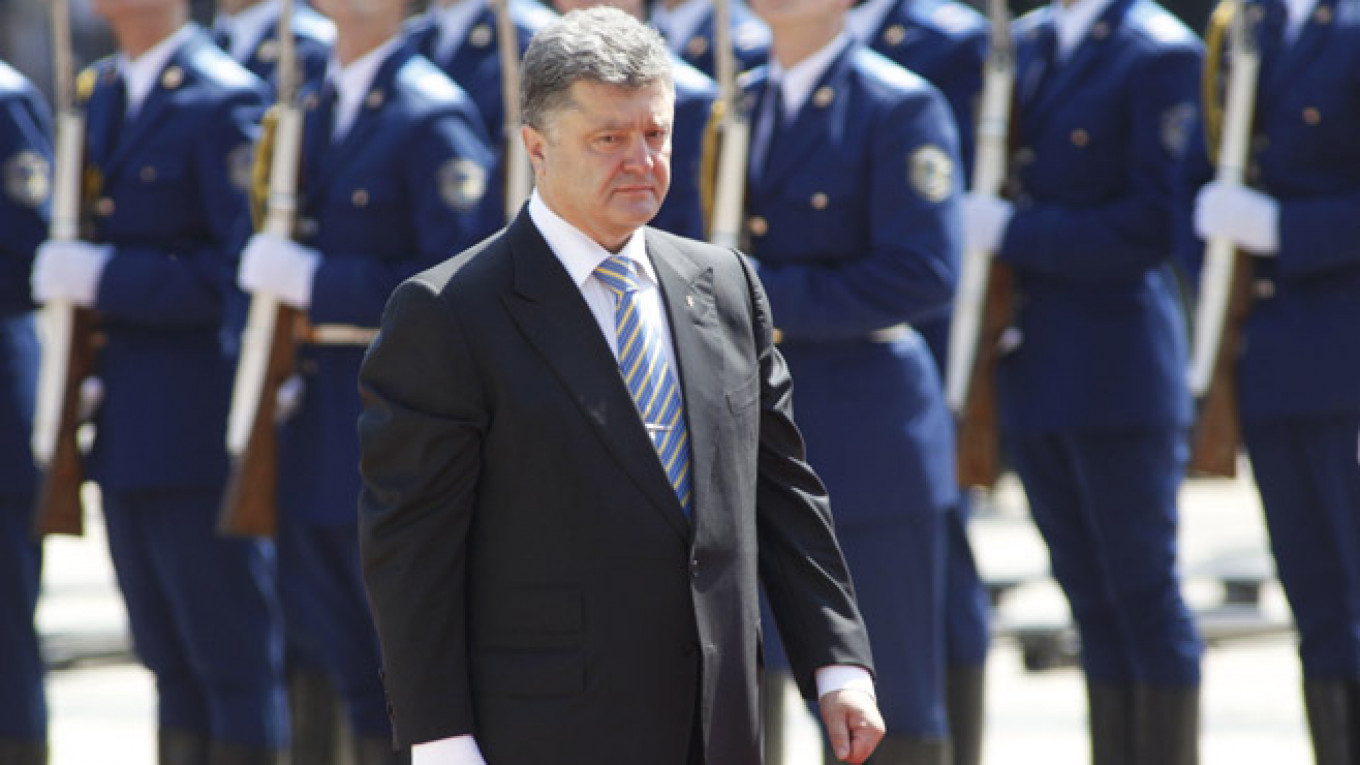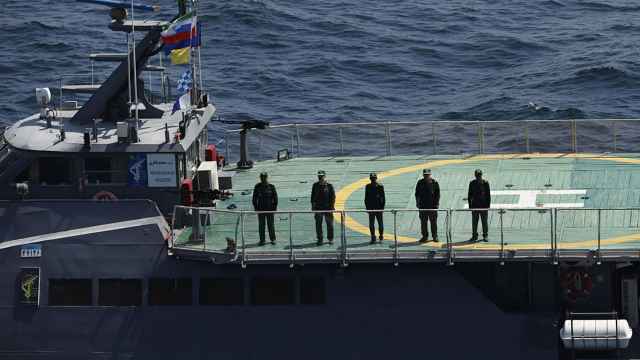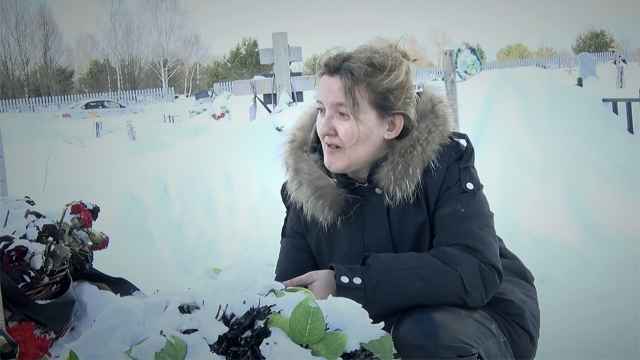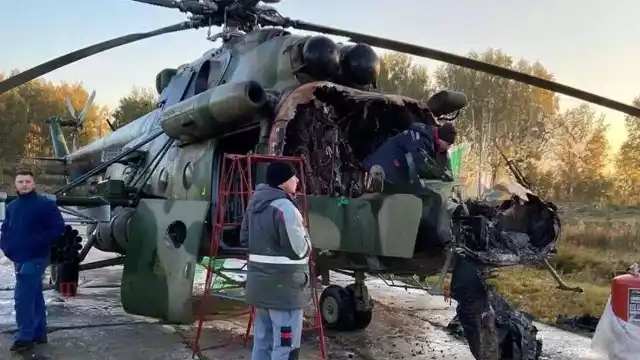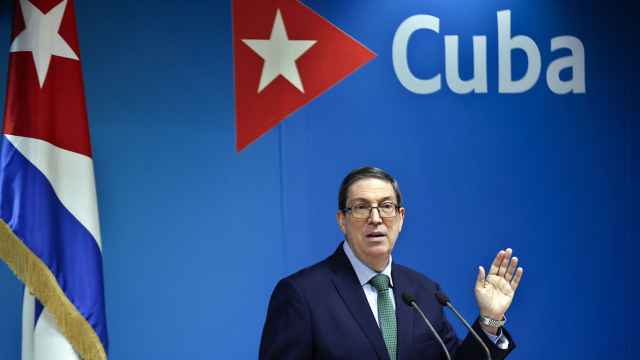The U.S. and European Union have high hopes that Ukraine's recent presidential election will enable it to form a legitimate government based on a popular mandate and extricate itself from the current crisis — just as the same process has often helped other countries in the past. Those hopes are understandable.
But many Russian observers wonder why their Western counterparts do not face reality — namely, that the election only exacerbated the civil war in Ukraine.
After all, at the heart of the conflict is a deep division between the Ukrainian speaking and Russian speaking populations, a division that has figured in every election Ukraine has held in the last 20 years. This division was certainly present in the presidential elections, where Russian speakers were not adequately represented.
President-elect and moderate Petro Poroshenko won the election in the first round of voting, but the next three leading candidates were all nationalists — former Ukrainian Prime Minister Yulia Tymoshenko, Anatoly Hrytsenko and Oleh Lyashko.
Was the scarcity of pro-Russian candidates due to the disappearance of Russophones? No, but some of them were simply intimidated from taking part in the elections. For example, a pro-Russian candidate, Oleh Tsaryov, was repeatedly attacked and brutally beaten, and his house was burned down. He eventually withdrew his presidential bid. The leader of the Ukrainian Communist Party, Petro Symonenko, also faced intimidation.
Characteristically, none Ukraine's interim government leaders even ran in these elections, perhaps because they knew the people hate them and that they could not even cheat their way to a decent showing. And those radical nationalist leaders who did participate in the race — Oleh Tyahnybok and Dmytro Yarosh — received very few votes.
The high voter turnout in the western and central regions reflected Ukrainians' great hope that the election would end the civil war and oust the gang that had come to power. Voters also declared that Poroshenko's greatest strength was the fact that he was not one of the Maidan leaders. If Poroshenko uses his authority to end the civil war and work for reconciliation, Russia will fully support those efforts.
But if Poroshenko continues the conflict initiated by the interim government, clashes with Russia are inevitable.
Prior to Poroshenko's election, the incumbents in Ukraine intensified the military crackdown in Donetsk and attempted to provoke conflict with Russia over payment for the delivery of natural gas. These are not Poroshenko's policies so far, and in his inaugural address he appeared conciliatory, stating that he did not want war or revenge on separatists in eastern Ukraine.
A bloodbath in Donetsk, however, will make it impossible for Poroshenko to achieve compromise with the Russian-speaking population. In may even provoke Russia into using military force to protect Donbass residents, thus handing Poroshenko a country in a state of war.
The only solution now for reconciling Ukraine's linguistically and culturally distinct populations in to grant equal status to both the Ukrainian and Russian languages, federalize the nation, give a degree of independence to the regions and declare Ukraine a politically neutral country.
Sergei Markov is director of the Institute of Political Studies.
A Message from The Moscow Times:
Dear readers,
We are facing unprecedented challenges. Russia's Prosecutor General's Office has designated The Moscow Times as an "undesirable" organization, criminalizing our work and putting our staff at risk of prosecution. This follows our earlier unjust labeling as a "foreign agent."
These actions are direct attempts to silence independent journalism in Russia. The authorities claim our work "discredits the decisions of the Russian leadership." We see things differently: we strive to provide accurate, unbiased reporting on Russia.
We, the journalists of The Moscow Times, refuse to be silenced. But to continue our work, we need your help.
Your support, no matter how small, makes a world of difference. If you can, please support us monthly starting from just $2. It's quick to set up, and every contribution makes a significant impact.
By supporting The Moscow Times, you're defending open, independent journalism in the face of repression. Thank you for standing with us.
Remind me later.


